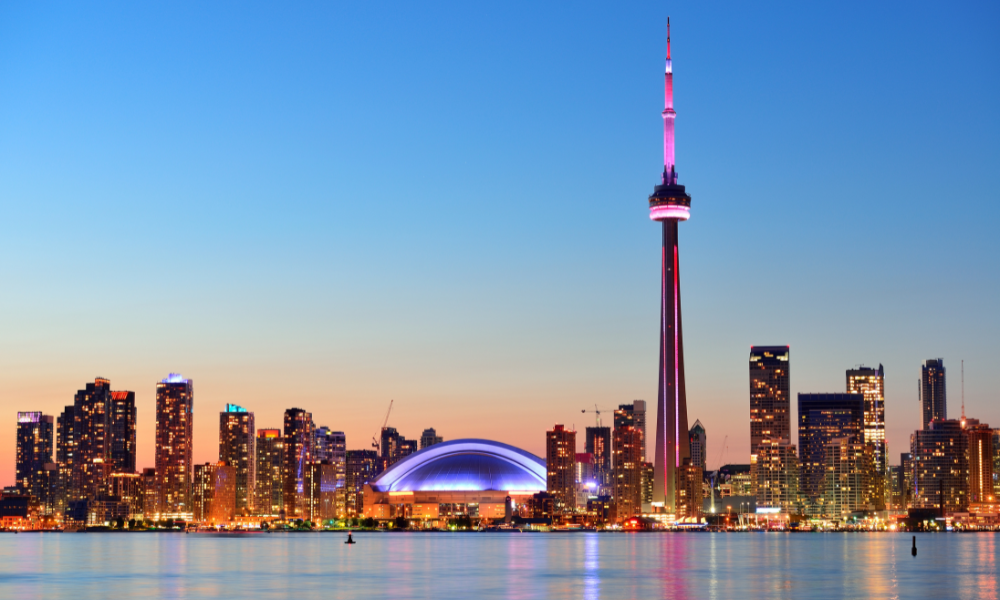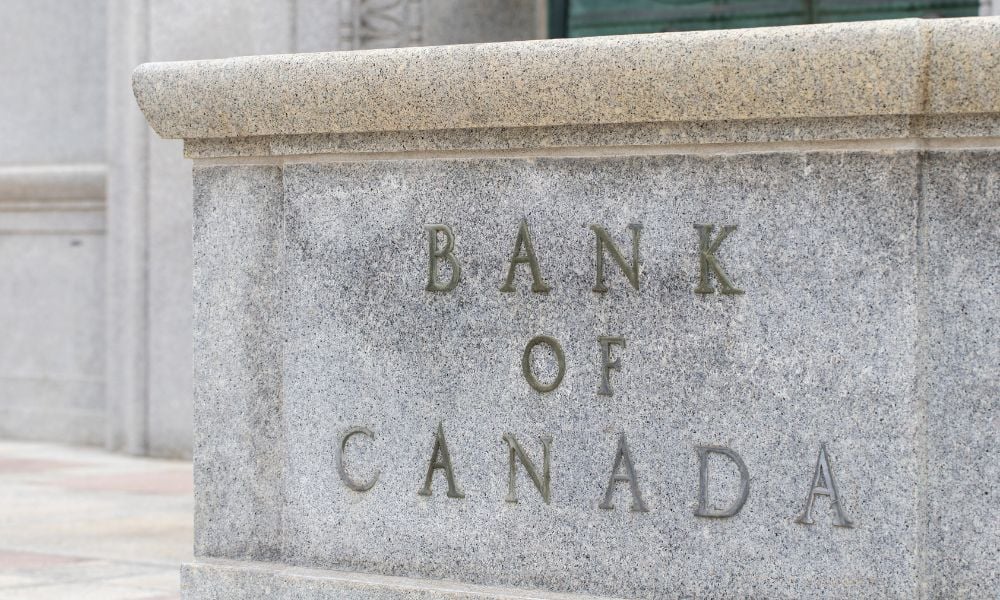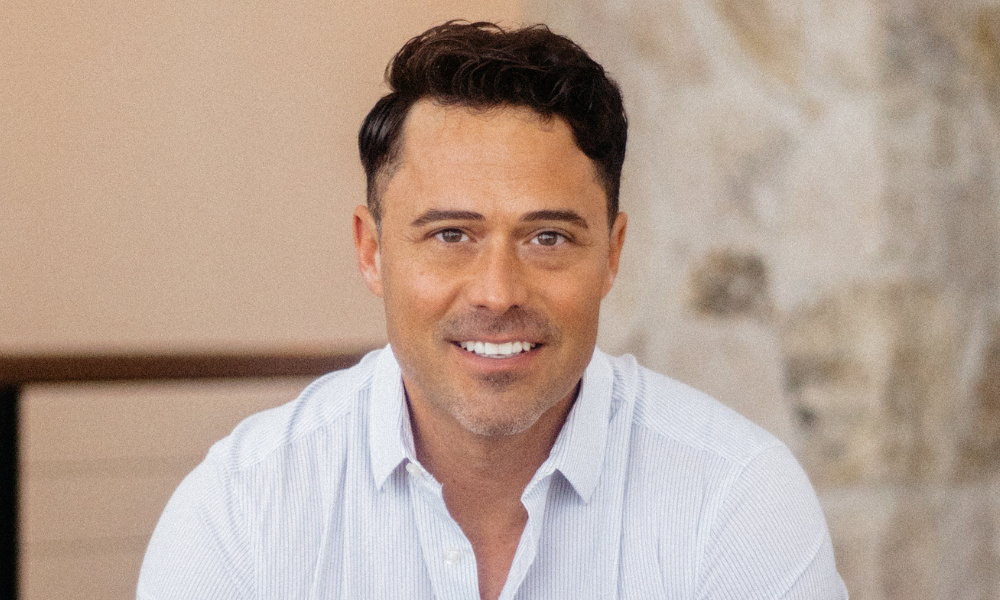Doug Ford defers taxes, returns WSIB surplus, but contract ban exemptions raise concerns among critics

Ontario Premier Doug Ford’s $11bn tariff relief plan may offer immediate financial support for business owner clients.
According to The Globe and Mail, advisors across the province are bracing for economic instability triggered by US President Donald Trump’s escalating tariff regime.
The relief includes six-month deferrals on a range of provincial taxes—covering employer health levies, and taxes on insurance, gas, alcohol, and tobacco—with interest and penalties waived.
These tax bills, originally due earlier this year, will now come due on October 1.
According to the Ontario government, the measure is expected to free up to $9bn in cash flow for businesses.
Another $2bn will come from the latest surplus rebate issued by the Workplace Safety and Insurance Board (WSIB)—a repeat of the $2bn in refunds delivered the previous month.
Speaking to reporters in Toronto, Ford said, “We’ll always be there to protect communities and their businesses. Let’s hope that President Trump comes to some common sense here.”
He acknowledged the pressure on financial markets and pointed to signs that Americans themselves are now speaking out.
For advisors with clients in the auto sector, Ford also confirmed that planned investments by Volkswagen, Honda, and Ford remain on track, supported by federal and provincial incentives, despite the strain caused by US tariffs.
Advisors whose clients are engaged in government contracting should note new procurement rules tied to the province’s “Buy Ontario” stance.
Ford’s government has published the terms of its ban on US firms bidding for provincial contracts, which was initially pledged in his winter campaign.
The exclusion affects the province’s $30bn annual spend on goods and services and a further $200bn in planned infrastructure investment over the next decade.
However, the policy allows US-headquartered firms with at least 250 employees in Canada to remain eligible for contracts.
It also provides exceptions where a US vendor is the “only viable source,” and delay is not feasible.
The restrictions apply only to new contracts and extend to government entities such as Ontario Power Generation, school boards, hospitals, universities, and children’s aid societies.
This loophole drew criticism from the Council of Canadian Innovators.
Skaidra Puodziunas, director of Ontario affairs for the council, said, “The reality is this policy doesn’t have much teeth, because it exempts big, foreign technology firms that have a branch plant presence in Ontario.”
The Ontario Chamber of Commerce acknowledged the need to consider domestic impact but also highlighted the importance of US-based firms.
Ali Nasser Virji, director of policy at the chamber, said in an e-mail that the province “must recognize the economic value of US-based companies investing in Ontario,” noting these firms employ thousands across the province.
Finance Minister Peter Bethlenfalvy defended the procurement stance, saying, “It’s a very complicated process. But the fundamental principle remains that if we can, in the face of this trade war, give Canadian companies, Ontario companies a better shot … we’re going to do it.”
Caroline Mulroney’s office reported that Ontario’s public service spent approximately $91.5m in 2023–24 with suppliers that had a US billing address.
Treasury Board spokesperson Liz Tuomi did not clarify how many of those suppliers would be disqualified under the new policy.
The tax relief and WSIB rebate were welcomed by the Ontario Chamber of Commerce and the Canadian Federation of Independent Business—two groups whose members include many advisor-connected enterprises.
But NDP MPP Lise Vaugeois, critic for the WSIB, argued that the $2bn rebate should have gone to injured workers rather than employers.
Ford responded to the criticism by pointing to his government’s earlier move to distribute $200 cheques to most Ontario households in January.
That initiative, launched just before a snap election call, cost the province $3bn.
At the federal level, Ottawa has also moved to defer corporate tax payments until June in response to the US tariff climate.
For advisors helping clients plan through uncertainty, the province’s approach may offer short-term breathing room, but experts say more may be needed.
Brian Lewis, Ontario’s former chief economist, said across-the-board tax deferrals are a fast-response tool but limited in scope. “It’s a helpful thing,” he said. “It’s not going to be the only thing.”
Flavio Volpe, president of the Automotive Parts Manufacturers’ Association, said the relief measures are a good first step. “If the economy tanks, obviously, we’d be looking at enhancement on this.”



